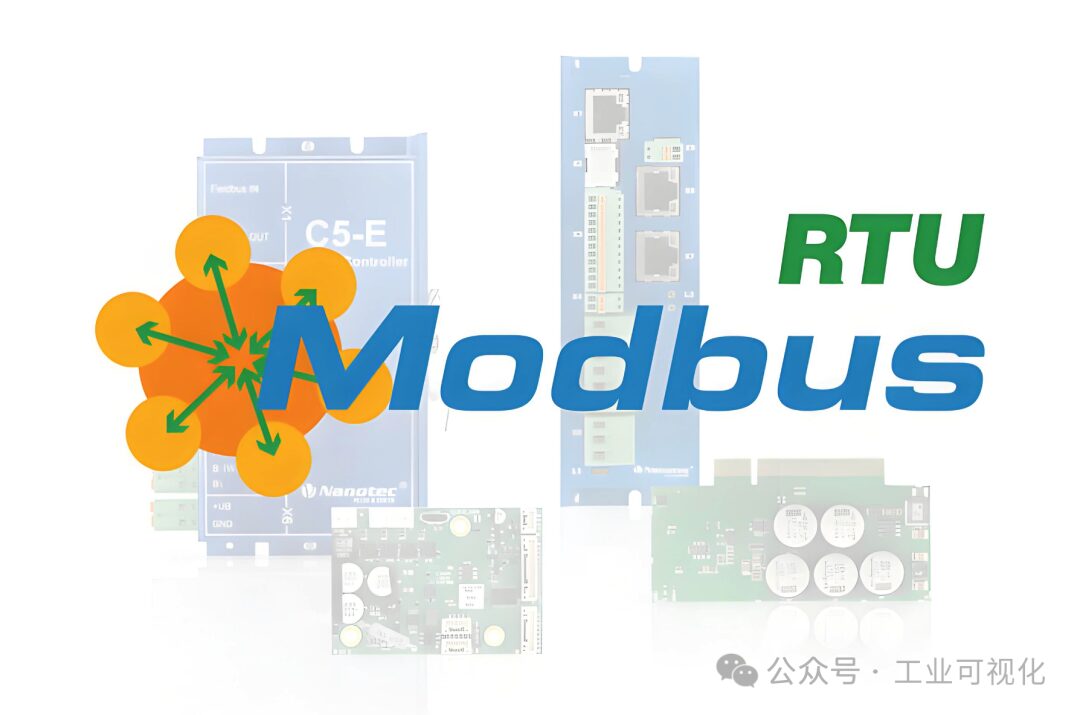What is Modbus

Modbus is a serial communication protocol originally developed by Modicon (now Schneider Electric) in 1979 for communication between programmable logic controllers (PLCs). The Modbus protocol is designed to be simple, easy to deploy and maintain, and due to its openness and lack of copyright requirements, it is widely used in the industrial field. Modbus supports various communication media, including RS232, RS485, RS422, and Ethernet. It uses a master-slave architecture, where one node acts as the master and the others as slaves for communication. The Modbus protocol defines multiple function codes for performing different operations, such as reading or writing register data.
What is MQTT

MQTT (Message Queuing Telemetry Transport) is a lightweight, publish/subscribe-based communication protocol built on top of TCP/IP, released by IBM in 1999. The MQTT protocol is particularly suitable for Internet of Things (IoT) devices because it provides reliable message transmission in low bandwidth and unstable network environments. The MQTT protocol supports three different levels of Quality of Service (QoS), allowing developers to choose the appropriate message delivery guarantees based on application needs. MQTT is widely used in scenarios requiring low power consumption and low bandwidth, such as smart homes and vehicle systems.
Why Convert Modbus to MQTT?
-
Challenges of Modbus in Security and Real-Time Performance:
-
The Modbus protocol has security vulnerabilities, making it susceptible to hacking and data tampering. -
In terms of real-time performance and bandwidth utilization, Modbus is not as effective compared to modern industrial communication standards.
Advantages of MQTT Protocol:
-
Lightweight: MQTT is suitable for environments with limited bandwidth and poor network quality. -
Flexibility: Supports various connection methods and achieves flexible message delivery through a publish/subscribe model. -
Reliability: Ensures reliable message transmission, even able to reconnect and restore communication after network interruptions. -
Security: Supports SSL/TLS encryption and authentication mechanisms, making data transmission more secure.
Applications of MQTT in IoT:
-
The MQTT protocol is widely used in IoT, mobile internet, smart hardware, vehicle networking, and smart city fields. -
It is more suitable for the message delivery needs in distributed systems.
Necessity and Significance:
-
Converting Modbus to MQTT can compensate for the shortcomings of the Modbus protocol, improving communication efficiency and security. -
In the context of Industry 4.0, upgrading and transforming systems is imperative.
By bridging Modbus to MQTT, we can fully leverage the advantages of the MQTT protocol, addressing the limitations of Modbus, and meeting the modern manufacturing industry’s demands for efficient and secure communication, thus providing better support for the intelligent, automated, and data-driven development in the industrial field.